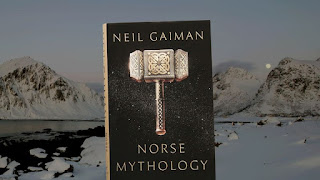This is New York by E.B. White *** (of 4)

The book is only 7500 words; it originally appeared in Holiday as a magazine article in 1949. E.B. White, one of America's great wordsmiths spent a long hot weekend in New York City and wrote this homage. He captures a city that is concurrently paradox and paradigm: the center of the world's commerce, entertainment, and politics -- the United Nations building was under construction that summer -- a melting pot of freedom-seeking exiles from across the globe and stifling American towns, home to opportunity and racism, exhausting wealth and desperate poverty, and in flux. Famous old neighborhoods, monumental edifices, and landmark destinations were already being mourned as they were displaced by newer, shinier, glitzier skyscrapers. And yet, White recognized that to be in New York was to simultaneously challenge a visitor to become part of the crush and to lose oneself in anonymity, appreciating the past while understanding the future was fully under constructio...


